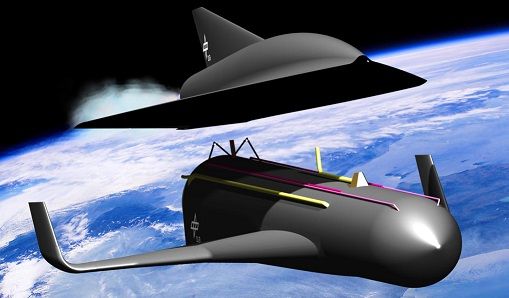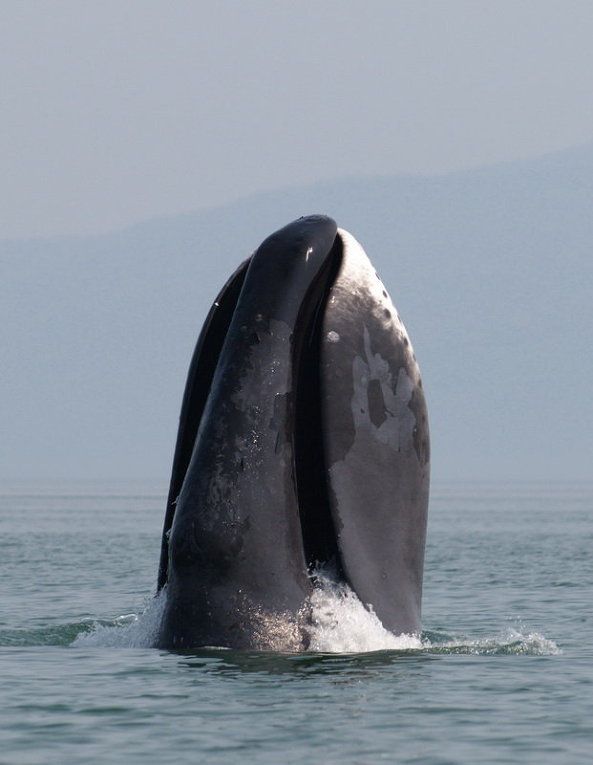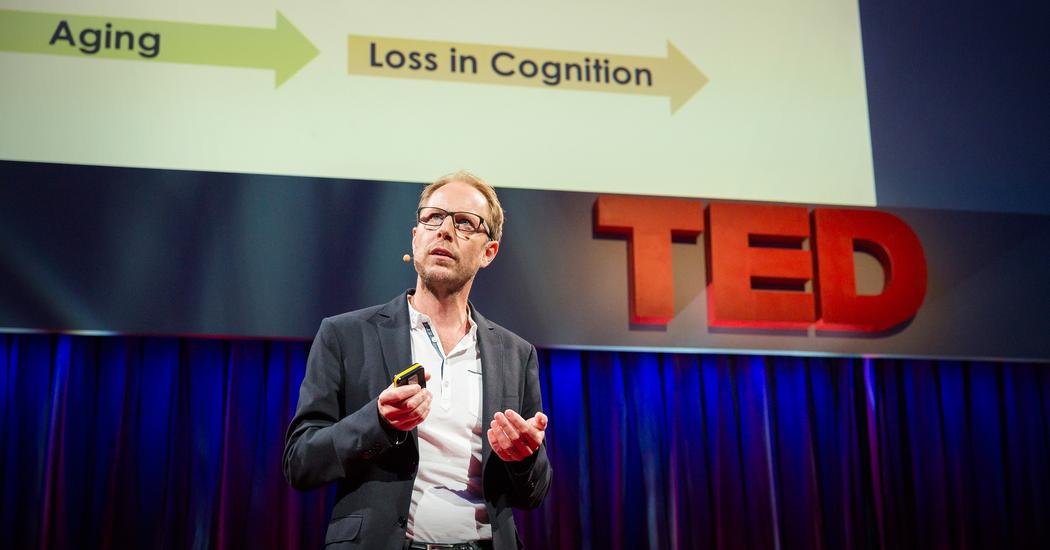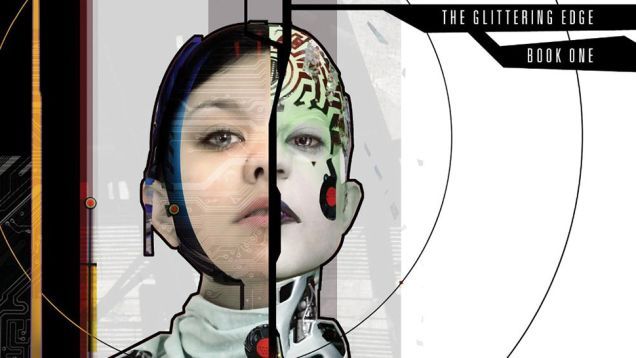Aug 20, 2015
SpaceLiner: Europe-Australia, 90 minutes, Europe-US, one hour
Posted by Shailesh Prasad in categories: futurism, space travel
In aviation circles, the talk of the future involves phrases like “space planes” and “hypersonic atmospheric flight vehicles.” A group presently in the spotlight is from Germany; they are carrying a roadmap for low-cost space access which involves calling upon the air passenger market for fast-travel flights.
Welcome to the world of SpaceLiner, which, when fully developed, could have dramatic impact in global aerospace. The DLR Institute of Space Systems said this suborbital, hypersonic, winged passenger transport idea is under investigation at DLR-SART. (DLR is a German aerospace research agency and it evaluates complex systems of space flight. SART is Space Launcher Systems Analysis.)
SpaceLiner is a rocket-propelled intercontinental passenger transport, described by the institute as a two-stage vehicle powered by rocket propulsion.

















